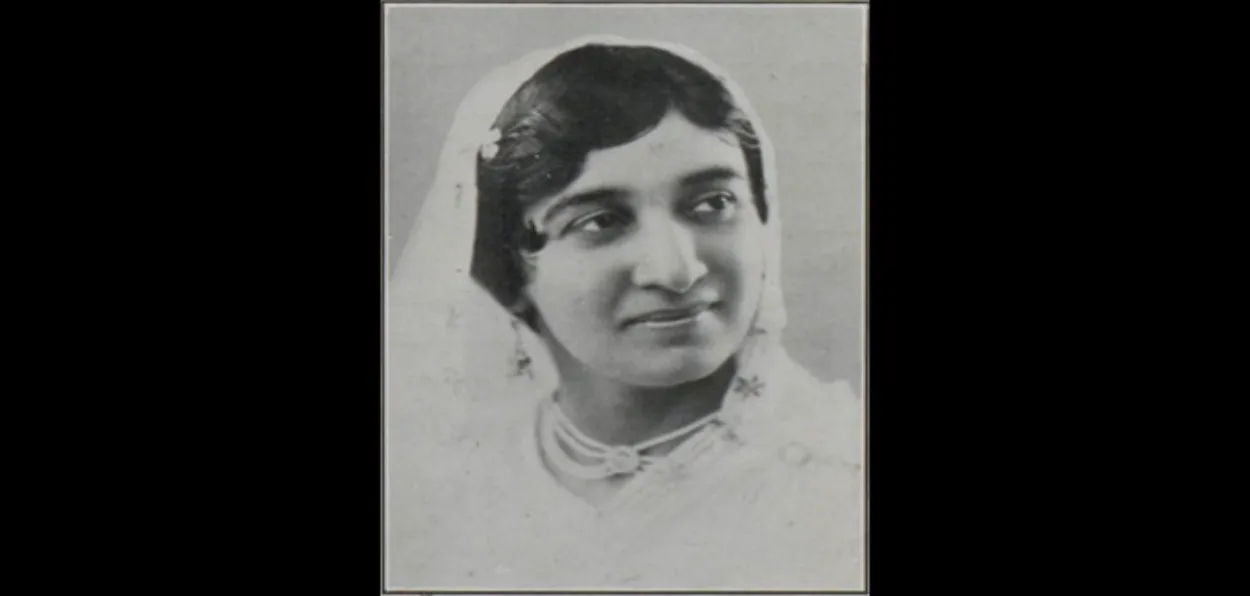
Saquib Salim
Today when the long-pending Women’s Reservation Bill is all set to be placed before the Parliament and passed, it’s apt to remember Begum Jahanara Shahnawaz for a special reason.
Indian women who enjoy the right to vote and can run for any top office never pause to express their appreciation to the women who struggled to get them these rights. Begum Jahanara Shahnawaz was the first Indian woman to wage a struggle to get women the right to vote.
Jahanara Shahnawaz attended the First Round Table Conference (RTC) as one of the two women representatives, the Second Round Table Conference as one of the three women representatives, and the Third Round Table Conference as the lone woman participant. She was also the only female member of the Joint Select Committee that was later established to draft the Government of India Act, of 1935.
When the Simon Commission visited India in 1927, the Indian women were living like second-class citizens. Jahanara argued in front of the All India Women's Commission (AIWC) that Indian women should be given a reservation in legislatures and the right to vote.
Even though it inspired Simon to claim that "the future of India lies in the hands of women," the Government of India Despatch nonetheless advocated that "No special provisions should be made for women."
The RTCs were held in London to allow Indian leaders a chance to voice their complaints to the British Government since they were protesting the Simon Commission findings.
Jahanara was chosen to attend these seminars on behalf of the 160 million Indian women.
At the First Round Table Conference, Jahanara said that people in India were talking about "the liberty of their motherland" and that the British were powerless to quell these ambitions.
She also advocated that women should have particular privileges and that voting rights for women should be explicitly stated.
The fact that it was "the first time that women have been admitted to such a gathering" was acknowledged by Jahanara without fail.
Jahanara actively advocated for the suffrage of Indian women when she was living in England.
She was a member of the Select Committee that was established in 1933 after the three RTCs were completed.
She connected with prominent women campaigners in London, including Lady Reading, Lady Astor, Lady Pethwick Lawrence, Miss Rathbone, and others, to mobilise support for Indian women's voting rights and reservations in England.
In 1935, when the Government of India Act was eventually published, it granted over 600,000 women the right to vote and established reservations for them in the Legislative Assemblies.
Even though it fell short of Jahanara's desire for the Universal Adult Franchise, it was nevertheless a significant triumph for Indian women. In the 1937 elections, 80 women were elected to the Provincial Legislative Assemblies as a result of reservation. History had already been made.
ALSO READ: Wali Rahmani, 23, is close to setting up 100 schools for poor Muslim children
Today Begum Jahanara Shahnawaz is a forgotten woman in India but her dream seems to come true now as the Women Reservation Bill at last gets approval to be placed in the parliament.
